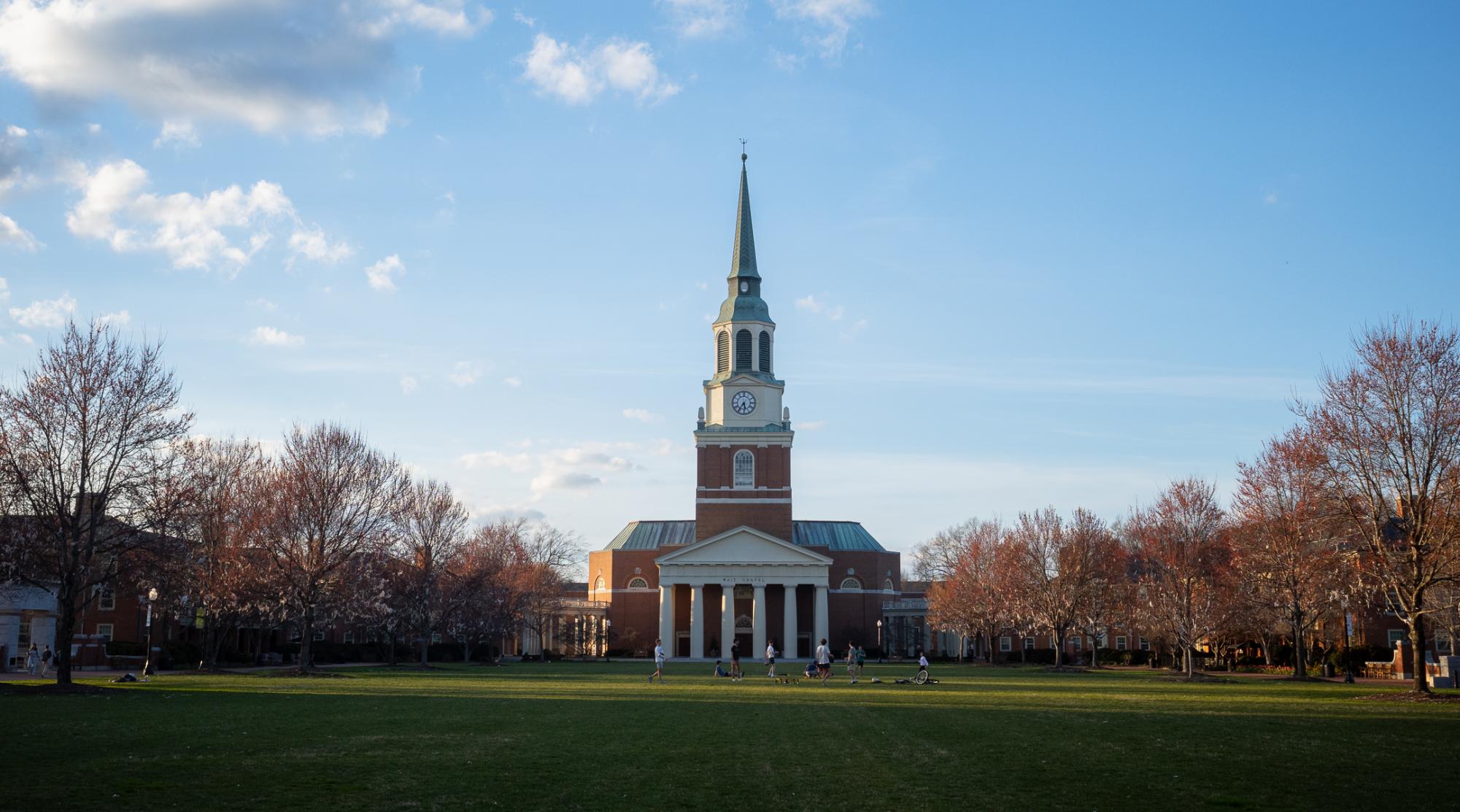When I first walked into Introduction to African American Studies freshman year, I had no idea I was part of its second class to ever exist at Wake Forest University.
To give context, the discourse on implementing a program in African American Studies (AAS) started in the 1960s. In a 1987 Old Gold & Black letter to the editor, the Minority Affairs Advisory Board, an executive board of Student Government at the time, called on the university to examine its racial attitudes in light of recent racially motivated attacks across the U.S.
“We could begin by showing support for a strong Black Studies department […],” they wrote.
In 1991, when faculty eventually convened to discuss requests of creating an AAS major, they opted for an American Studies minor, arguing that it “would be a broader-based approach to examining elements that have come together to make this country what it is today.”
Exactly three decades later, after “the culmination of a decades-long effort by students and faculty,” a program in AAS was brought to Wake.
At Wake Forest, we pride ourselves on the small class sizes and close student-professor relationships that form as a result. It truly shapes our experiences in positive ways and often impacts what disciplines we pursue.
My Intro to AAS course is where I was introduced to Professor Corey D. B. Walker.
Dr. Walker is the inaugural director of the program in AAS.
He introduced me to Black scholars like Toni Cade Bambara and Abdul Alkalimat who were the framework of many class discussions and who continue to inform my thought processes in AAS classes two years later. More than just a professor, he became a mentor, and I found this to be true with many of the department’s faculty.
Following Intro to AAS, I took Black Autobiographies with Dr. Shanna Benjamin. In her course, we explored both historical and contemporary contexts through the medium of autobiographies. In doing this, we learned about the achievements and everyday struggles of Black people.
It was empowering to read about topics that are often taboo in the Black community like body image issues, questions of sexuality, mental health struggles and the reality of being a Black woman at the intersection of race and gender discrimination. Even more empowering was engaging in discourse that allowed us to make connections between the text and our personal lives — opening up about the experiences that have shaped who we are today.
A unique aspect of the African American discipline that I greatly appreciate is its interdisciplinary approach to learning. As an AAS major and environmental studies and journalism double minor, I’ve learned just how important this approach is.
When I started taking environmental courses, I realized how fired up I was about the disproportionate environmental injustices that low-income communities of color face. This fueled my desire to understand both topics in conjunction — using them to inform each other. In journalism, I realized I could take what I was learning and use it to uplift these affected communities and inform the public.
I want people to understand that African-American Studies is not one-dimensional. There are a variety of major and minor combinations that pair well with this discipline.
After telling someone I’m majoring in AAS, I’ve often been told, “That’s great but what are you going to do with that degree?” or “How will you get a job in that field?”
It’s frustrating.
For far too long, AAS has been either dismissed or oversimplified — hindering the opportunity to educate students on the historical contexts that help inform the Black experience today. In the long term, this lowers the chances that they’ll consider pursuing AAS as a serious option.
The AAS courses I have taken at Wake Forest have worked against what compulsory education systems have taught me and have impacted my understanding of topics in a positive way. This discipline now being offered at Wake Forest provides many students the opportunity to unlearn harmful notions.
Like many graduating high schoolers, I came to college with a narrow plan career-wise. Within a few weeks, that completely changed, and that’s okay.
I hope that anyone reading considers broadening their scope and not limiting themselves to what they think they should do. I come from an immigrant household, so trust me — I understand what it’s like to think there’s only one career for you in order to ensure success for the greater cause and future generations.
With the long overdue implementation of the AAS program comes the opportunity to recognize the unique perspective and opportunities the major has to offer.










Keno • Sep 26, 2024 at 2:17 pm
“This discipline now being offered at Wake Forest provides many students the opportunity to unlearn harmful notions.”
Great article. Thank you